Last year was dubbed the year of democracy, with half the world's population voting. But the reality is that many of the elections were fake and that the world runneth over with dictators, authoritarians and their wannabes. Joining the ranks of the latter this month is new-old President Donald Trump, who likes dictators and talks like he wants to be one.
But what kind of dictatorship are we talking about? There are several flavors to choose from. There are the family-run kleptocracies like Azerbaijan and police states like President Vladimir Putin's Russia. There are communist dictatorships like China's, theocracies as in Iran, and the sham of elected autocrats like Turkey's Recep Tayyip Erdogan or Hungary's Viktor Orban.
How do human beings in this enlightened age find themselves at the mercy of strongmen so often?
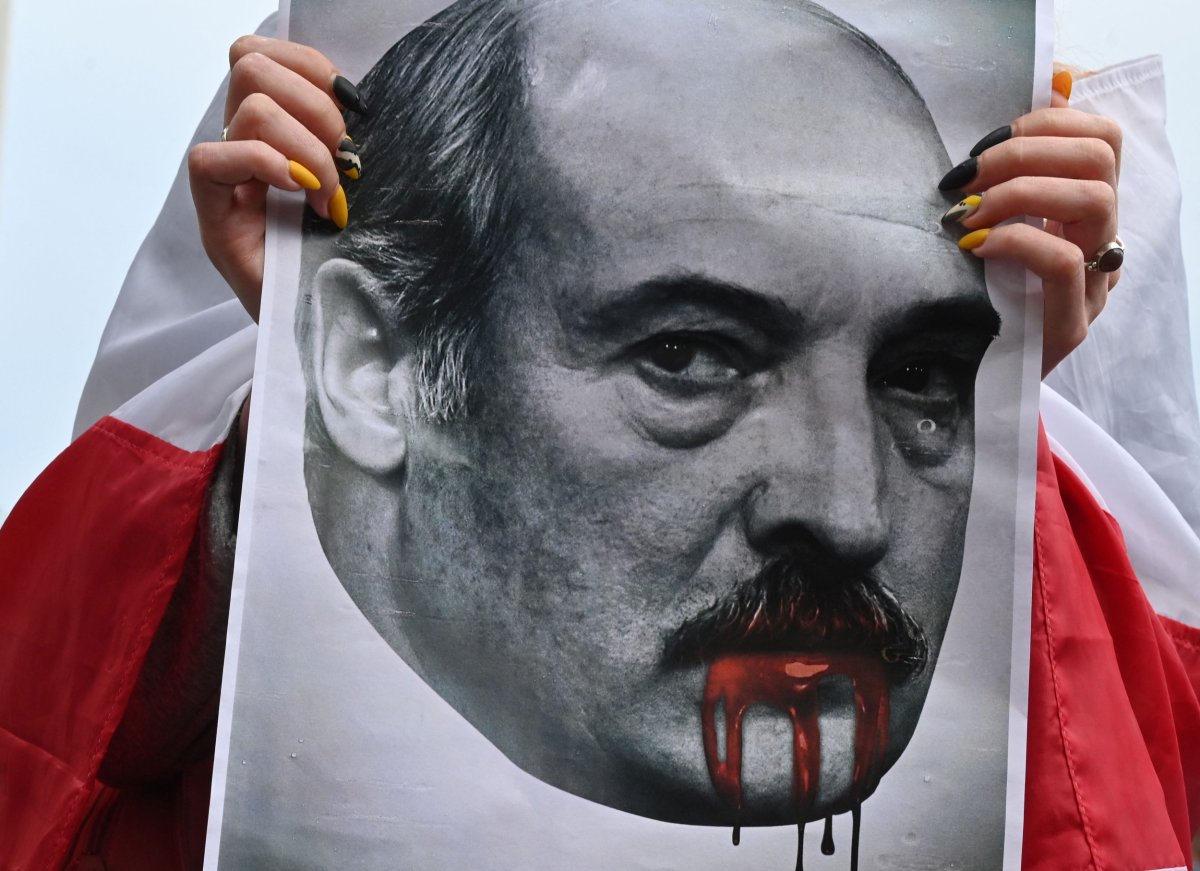
Communist leader Xi Jinping stays at the top of Beijing's byzantine power structure through a network of fear, personal alliances and more fear, along with fervent nationalism and a sense of national grievance. North Korea's Kim Jong Un maintains an iron grip through the threat and reality of labor camps and murder along with a fanatical propaganda personality cult. Belarus's Alexander Lukashenko prefers a diet of torture for his foes. Venezuela's Nicolas Maduro, Cuba's Miguel Diaz-Canel, and Nicaragua's Daniel Ortega offer milder versions of the same, and there are fears that India's Narendra Modi might go down this path.
It is interesting that not all authoritarians rule purely by force. El Salvador's President Nayib Bukele, for example, secured re-election in a landslide victory, consolidating power amid suppression of dissent—along with fulfilling original campaign promises to lower crime. Of course, he did so by throwing away civil liberties and locking people up with a certain lack of discrimination.
And America is hardly immune to the draw of the strongman (image at the least) at the ballot box. Trump said he wanted to be "dictator on day one" and that "you'll never have to vote again" if he wins. He spoke warmly of Kim and lauds Putin. Of Xi, he said: "He's now president for life. Maybe we'll have to give that a shot someday." Trump won't be a dictator—at least not immediately—because of the constitution, but his leanings are clear, and two months ago he won the popular vote.
What's so attractive about giving up rights that were often paid for in blood?
At the heart of it lies a paradox of human nature: the simultaneous craving for freedom and the comfort of authority. Thomas Hobbes, in Leviathan, argued that in the face of perceived insecurity, people will willingly cede freedoms to a ruler who promises order. And Erich Fromm noted, in Escape From Freedom, that democracy's complexity can be overwhelming, while authoritarians provide a psychological refuge from the burden of decision-making.
That explain why authoritarians can arise through genuine support (or seize power by force with minimal opposition). But once in office, you'd think publics would wise up—since such leaders typically rob the citizens blind, stash fortunes abroad, enrich themselves and cronies and engage in boneheaded schemes—when not imprisoning the innocent and torturing them.
Yet they tend to remain in power—and stay alive—almost regardless of the calamities they cause.
A Russian example: Putin's 2024 "re-election" is a fiction, since the procedure was a sham. But no serious groundswell of opposition was recorded, even as his main opponent was killed off in a gulag. Is it cowardice or residual support on behalf of the Russian people? My experience says that especially among the proletariat, away from the cities, it's both.
A dictator like Putin creates an atmosphere of enforced loyalty, where dissent feels both dangerous and futile. Public oaths, propaganda, captured media and mass rallies broadcast the dictator's strength and make individuals doubt whether their discontent is widely shared. They craft an aura of invincibility, creating the perception that resistance is futile.
Putin also is widely believed to kill off opponents, from the spy Alexander Litvinenko (poisoned with polonium in Britain) to journalistAnna Politkovskaya (killed in an elevator) to opposition leader Alexei Navalny (dead last year in a gulag). These are features and not bugs: Spreading fear is the essence of the dictatorial system.
Syria's Bashar al-Assad waged a devastating civil war using chemical weapons and torture for 13 years before finally falling last month; why did it take so long for his few remaining followers to abandon him? The delay stemmed from a mix of loyalty, fragmentation, and fear.
Assad's regime strategically cultivated dependence on his leadership within the armed forces, embedding loyalist Alawite (a religious minority) officers in key positions while sidelining dissenters. The military also feared the consequences of disintegration, as Assad portrayed himself as a bulwark against chaos and sectarian violence. External support for Assad, particularly from Russia and Iran, bolstered regime confidence, while brutal crackdowns on early dissent discouraged uprisings within military ranks. It all worked to prolong Assad's grip on power.
Why would potential saviors in the West stand by and allow Assad's atrocities? Well, the alternative could always be worse. A cautionary tale is easily found in Libya, which has suffered more than a decade of factional violence and instability since Britain, France, the U.S., and some others, helped bomb the way to dictator Muammar el-Qaddafi's fall in 2011.
And now an allegedly reformed jihadist group is trying to form a united government in Syria. While it's hard to imagine what's worse that Assad, only time will tell whether Hay'at Tahrir al-Sham is better.
By the time people recognize the full harm caused by a dictator, it is often too late—as it may be now for Russia. Putin controls the military, police, and judiciary through patronage and fear. He essentially robs the people to keep the men with guns content and doing his dirty work. At this stage, removing the dictator requires dismantling an entire structure of power, fear, and loyalty.
So, what is it that finally ends a strongman's reign? Yes, sometimes death, but often it's the insiders looking for a change—palace coups, sometimes led by the men with guns. That's what happened to Romania's Nicolae Ceausescu. It almost happened to Adolf Hitler—but Claus von Stauffenberg's plot failed. Instead, it was war and suicide that finally got the fuhrer.
In the end, dictators tap into something essential in human nature—the deference before a bully. This occurred to me as I rewatched 1948's Key Largo, the John Huston classic which stars Humphrey Bogart and Lauren Becall but is actually a study of Johnny Rocco, the armed mobster played by Edward G. Robinson. "I want more!" he tells Bogart, as he terrorizes everyone, in an isolated hotel amid a hurricane, into succumbing to his wishes.
Putin, who has the world's biggest territory, wants more territory in Ukraine. Xi, competing for the world's biggest population, wants more people in Taiwan. Wannabe authoritarian Benjamin Netanyahu, who has served longer than any Israeli premier, wants more time.
People see this piggishness, and are repulsed but also succumb. Like dictators, Johnny Rocco knew that angry demands can manifest power and thus create it. Rocco's tyranny wasn't just about what he took from others, but rather what they gave him willingly. Humanity will be better than that one day. But not, alas, today.
Dan Perry is the former Cairo-based Middle East editor and London-based Europe/Africa editor of the Associated Press, the former chairman of the Foreign Press Association in Jerusalem and the author of two books. Follow him at danperry.substack.com.
The views expressed in this article are the writer's own.
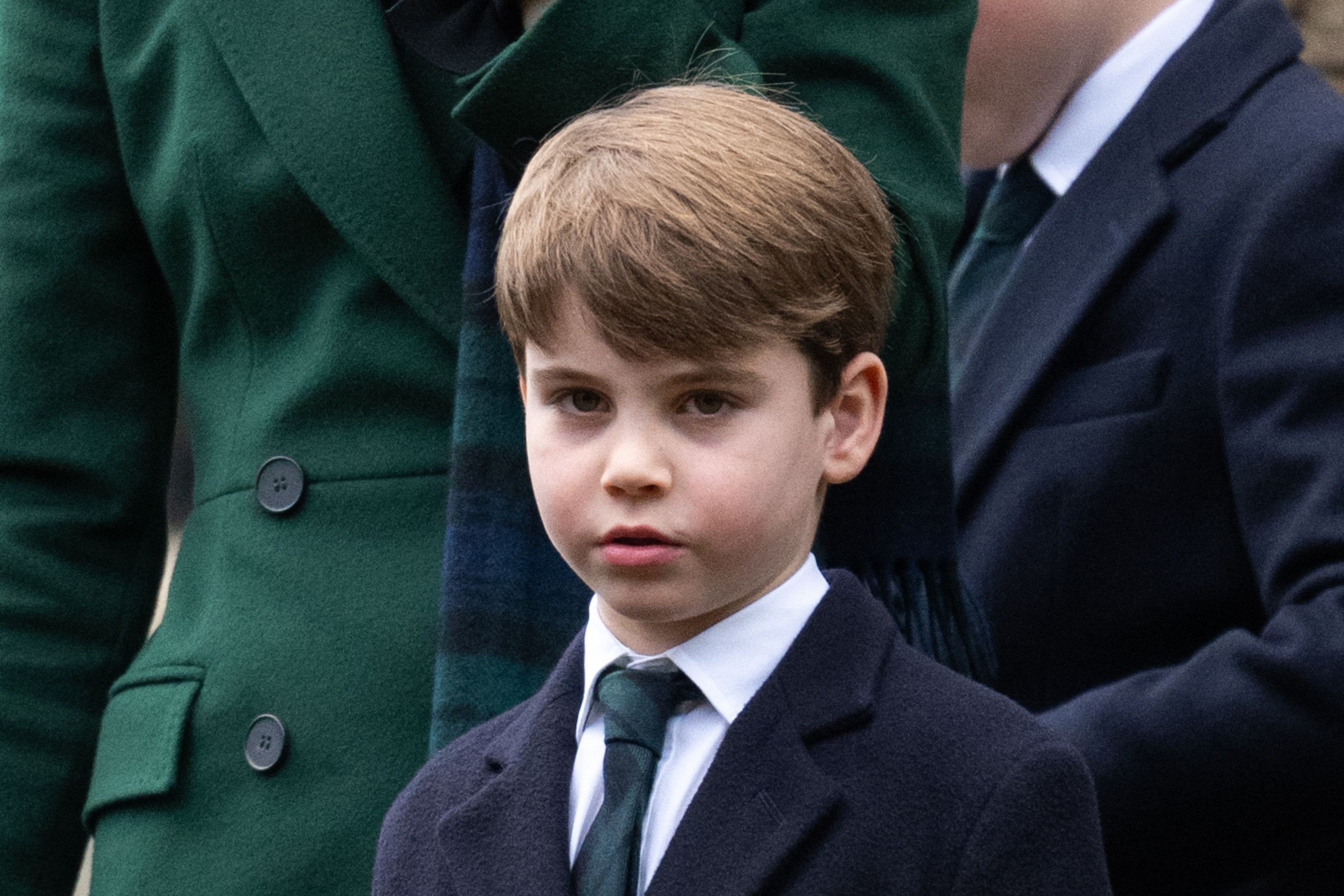
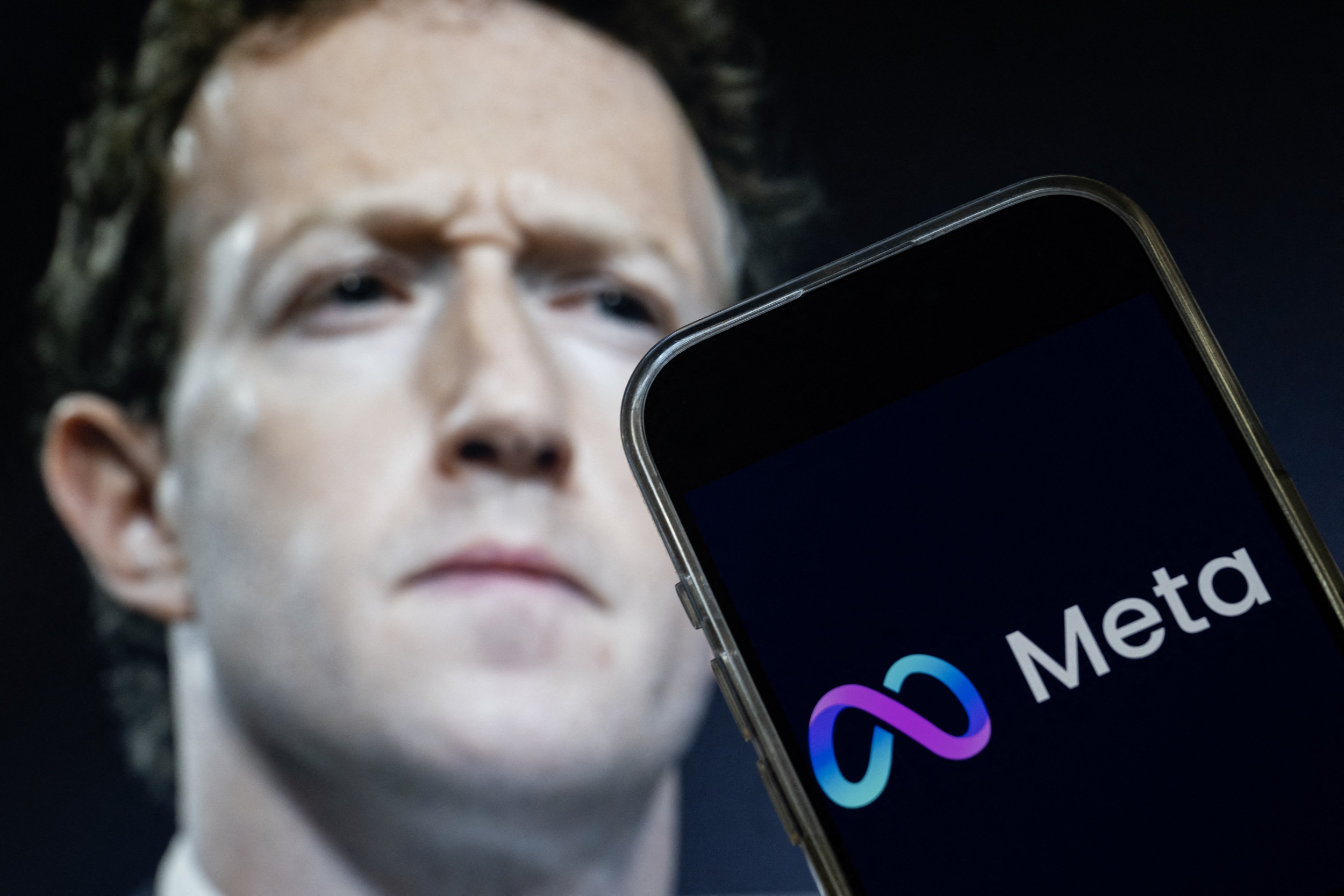
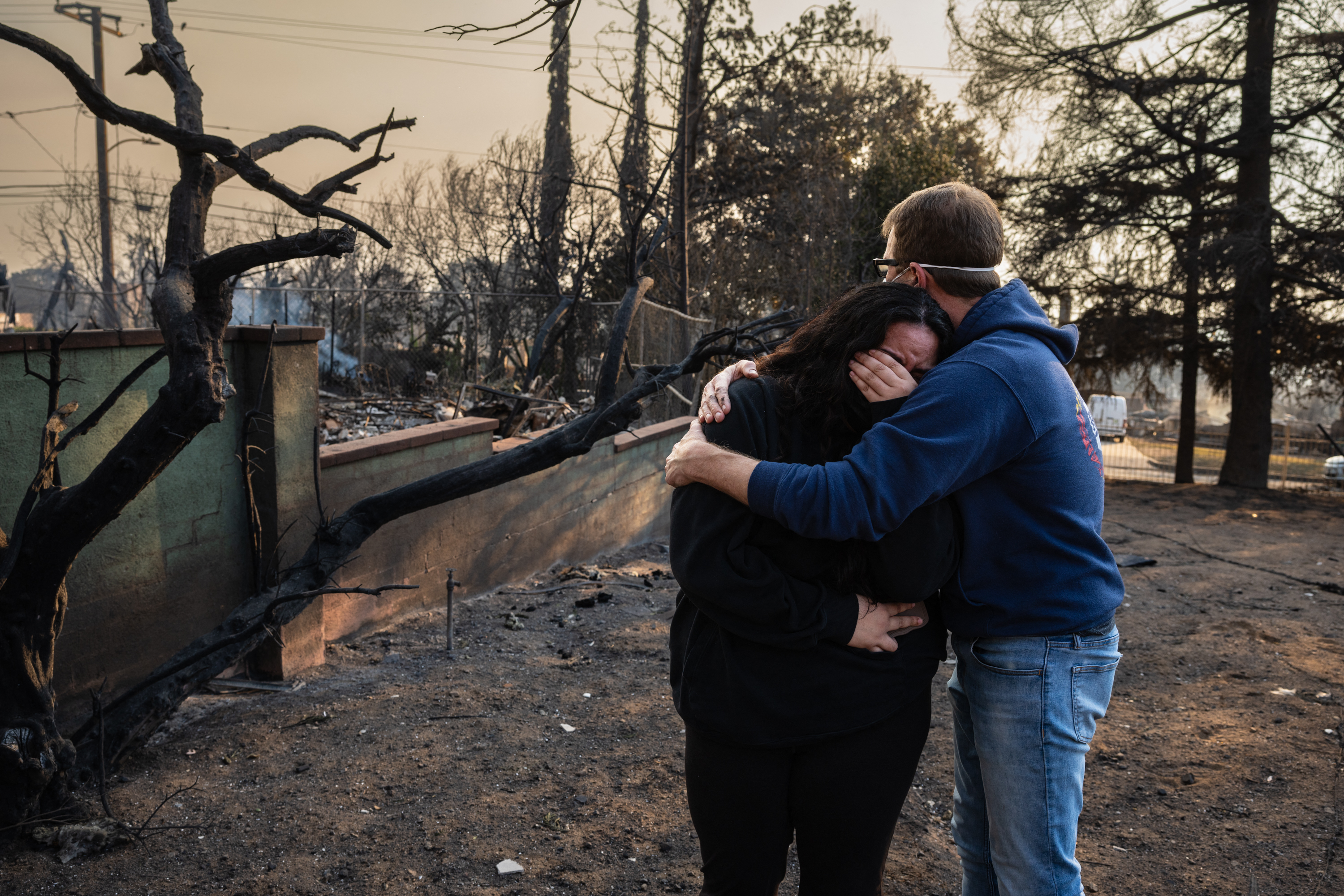
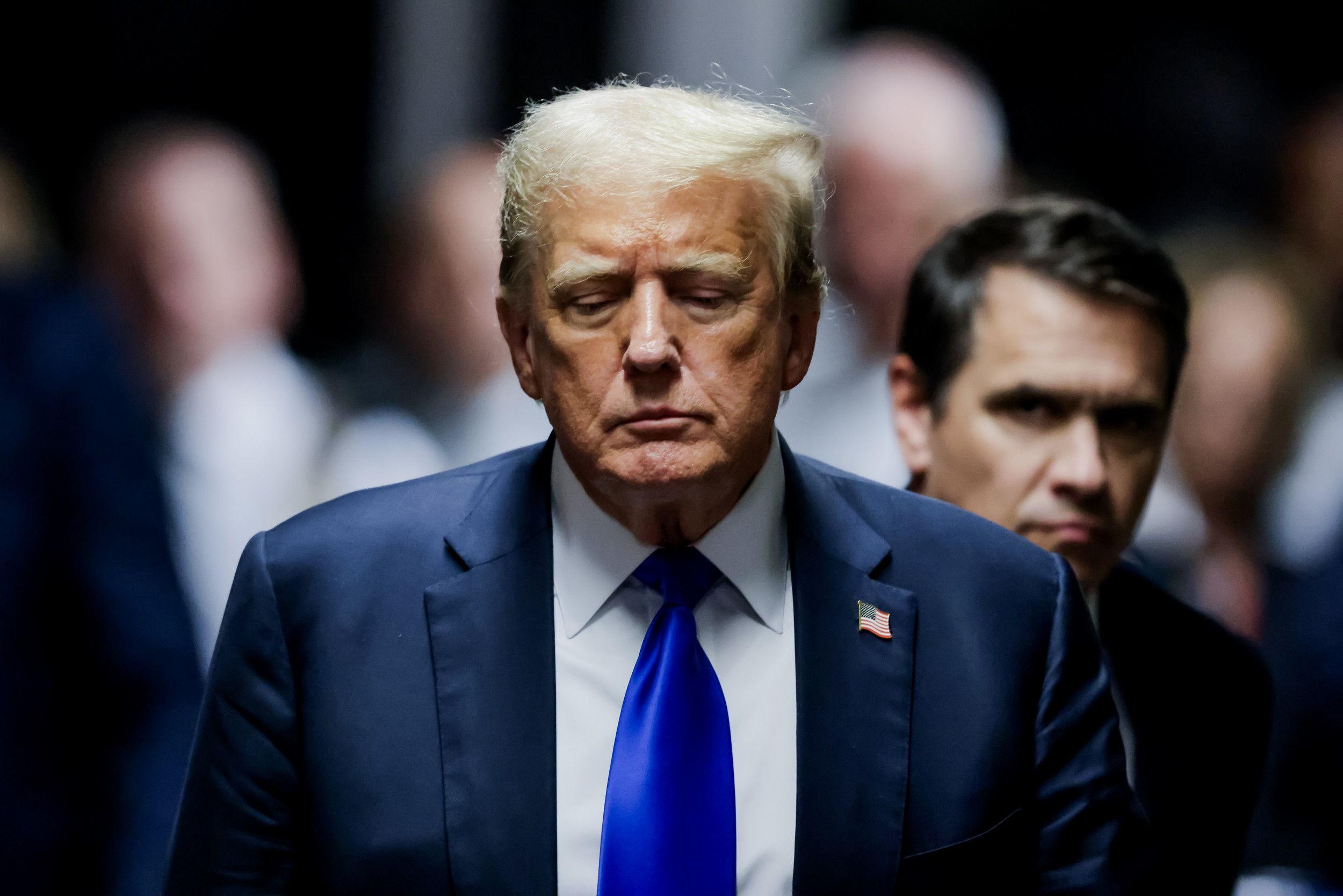

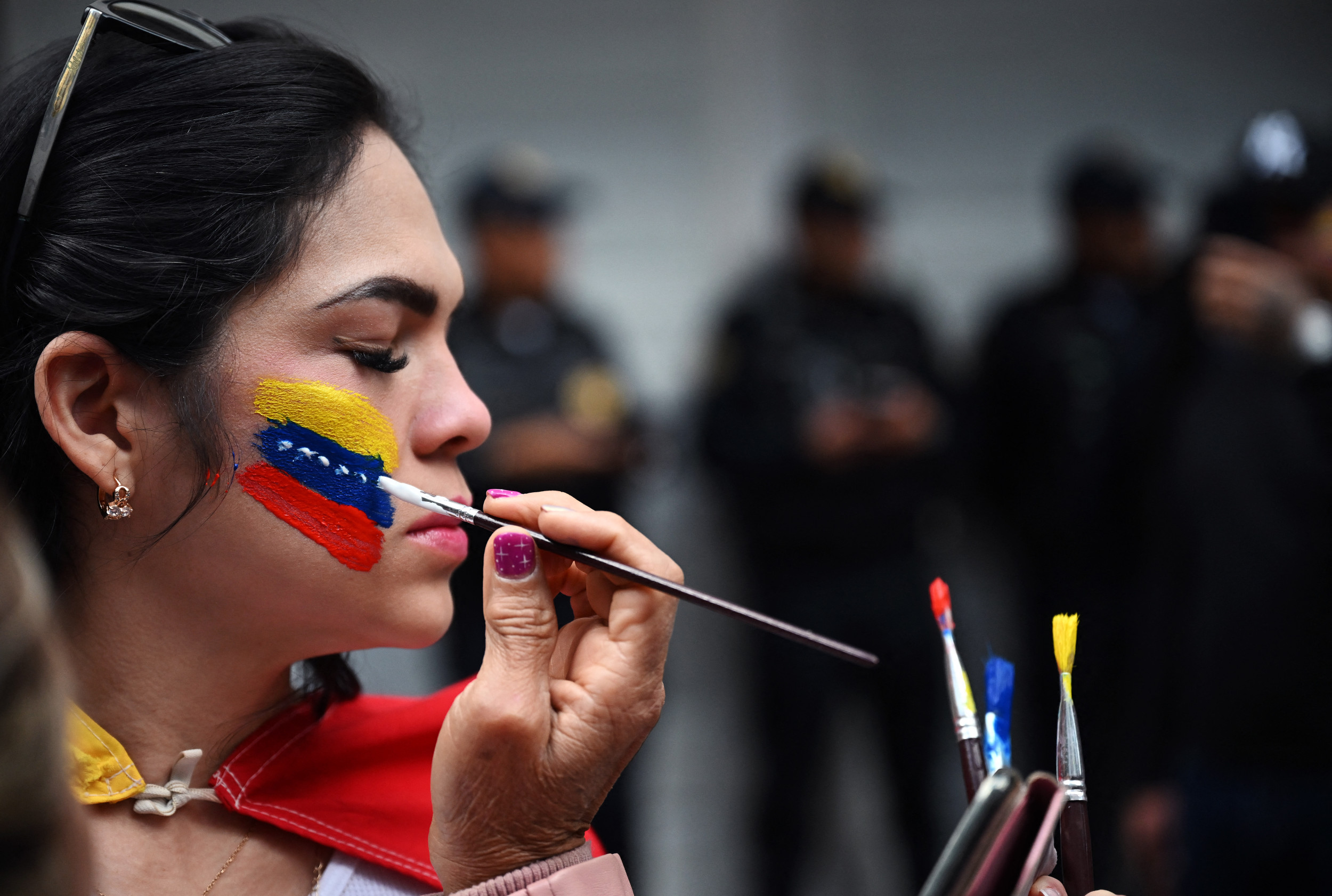


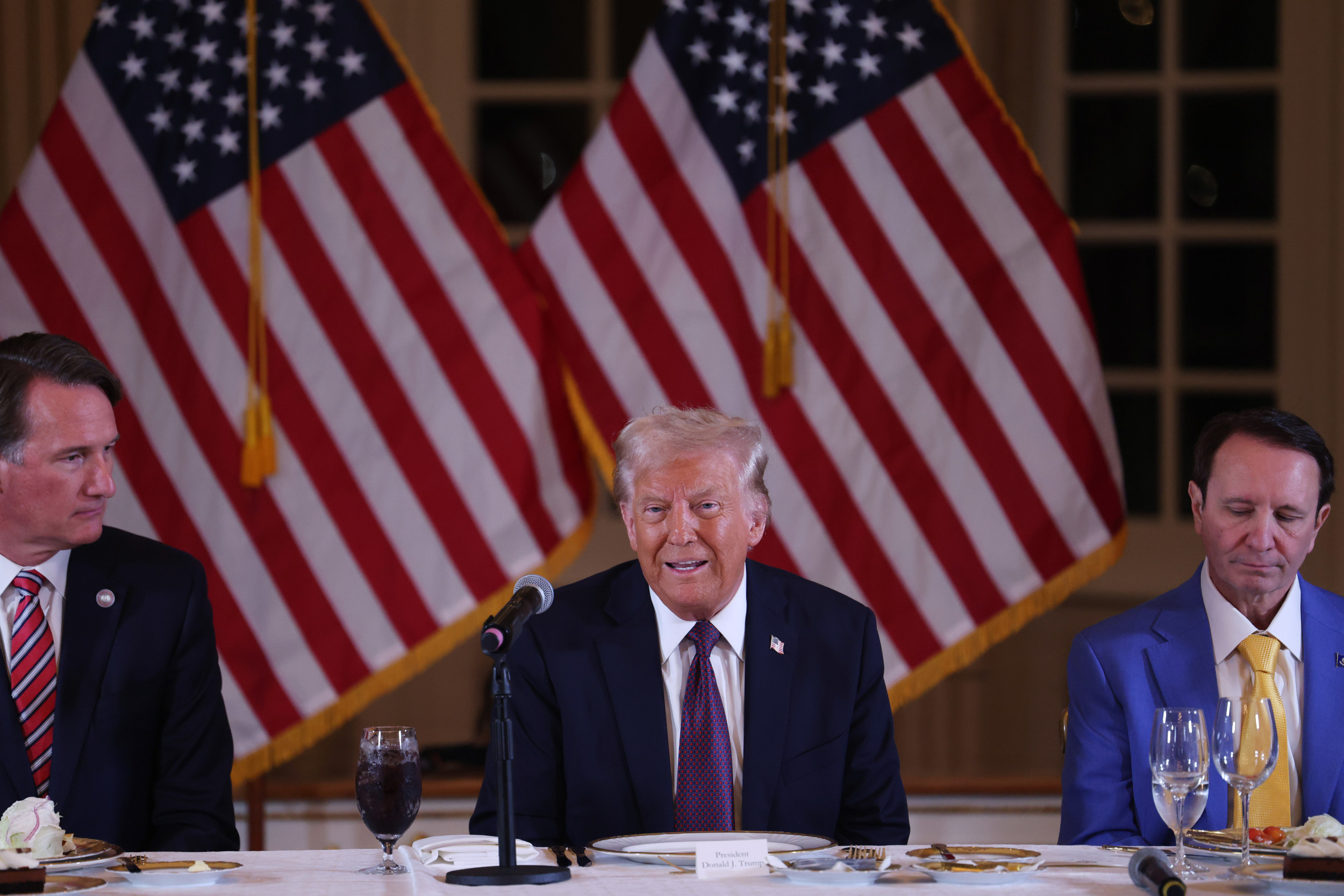
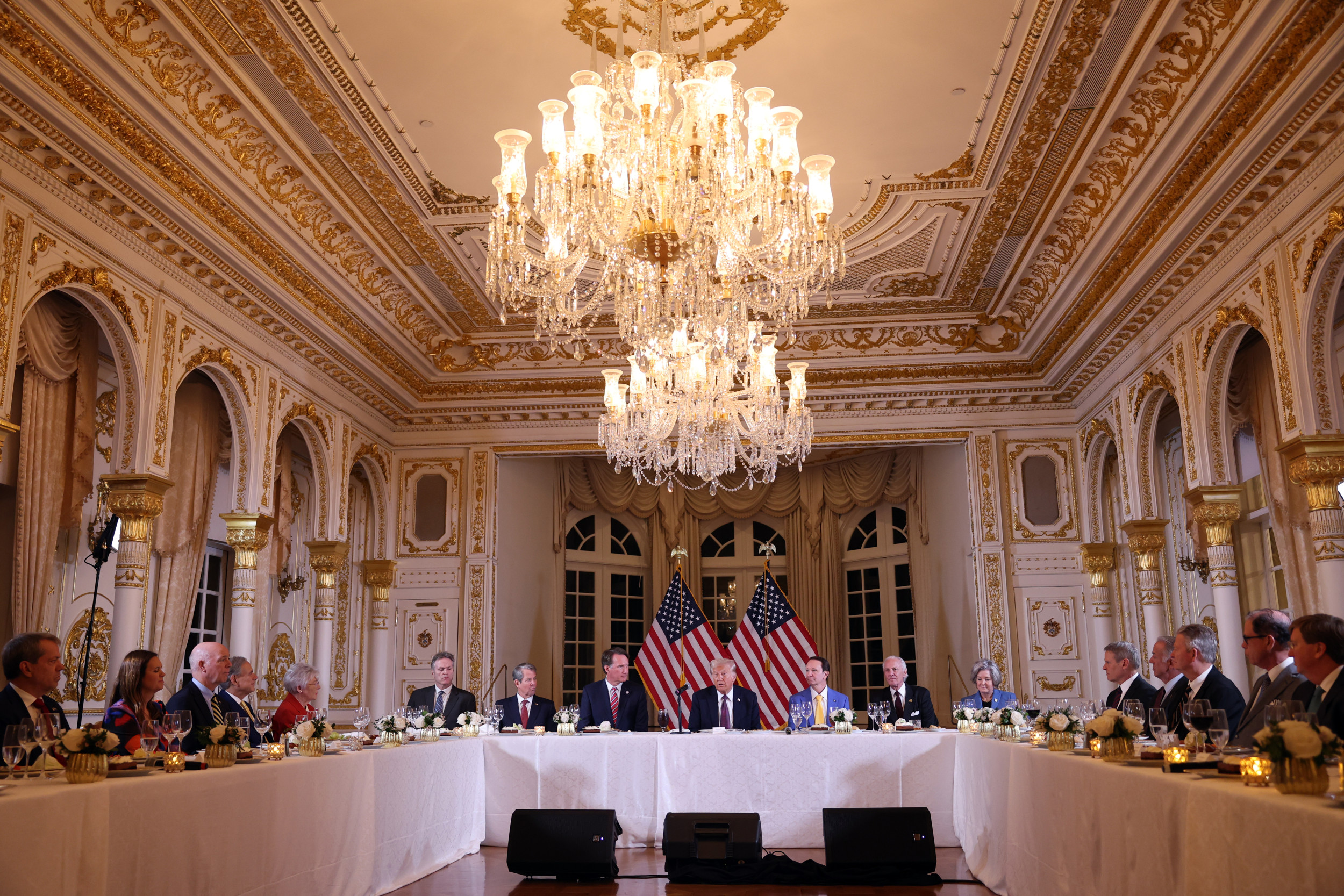

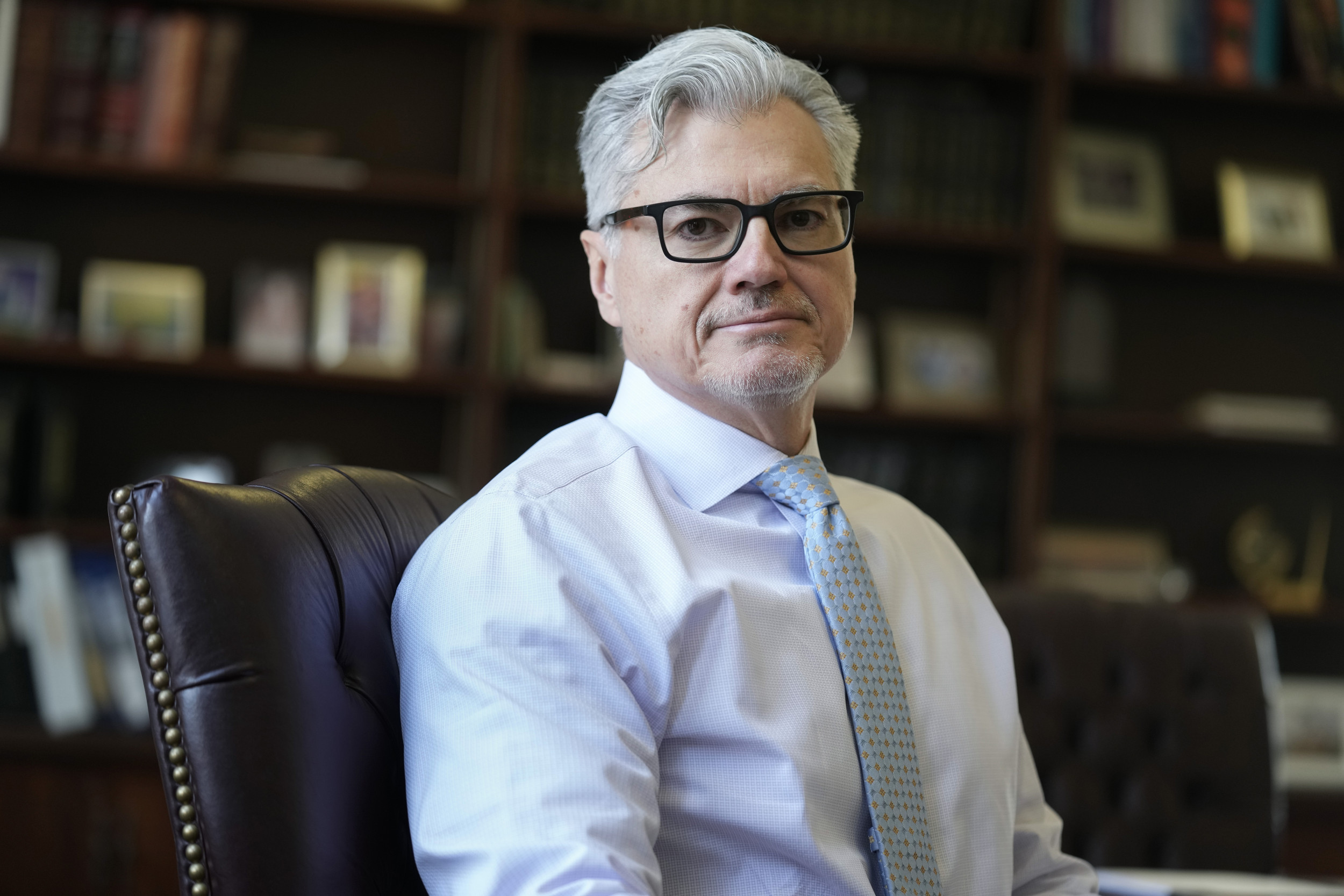








 English (US) ·
English (US) ·